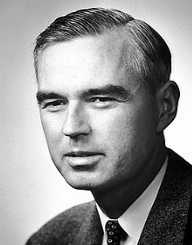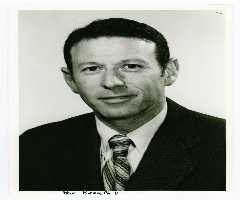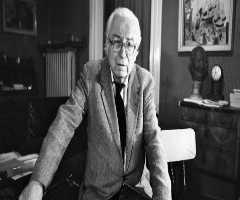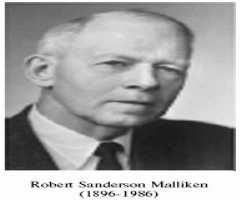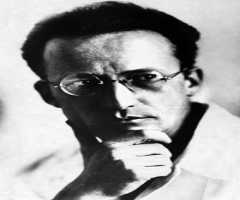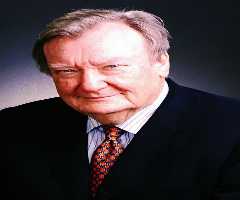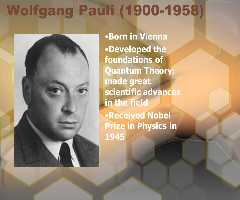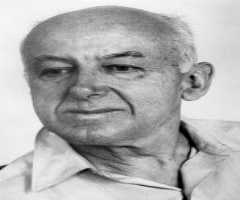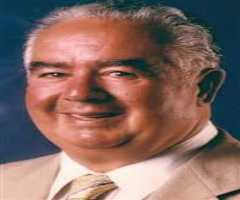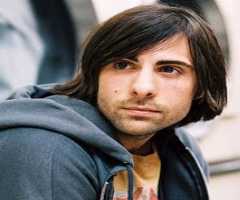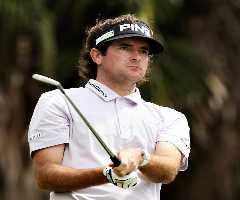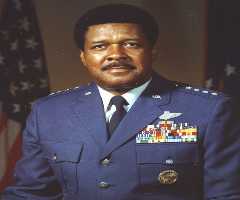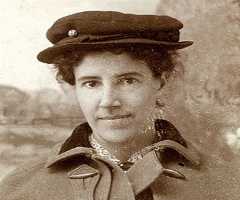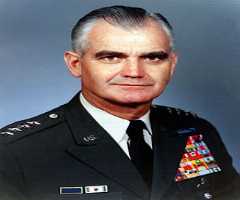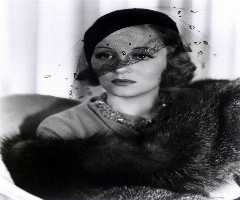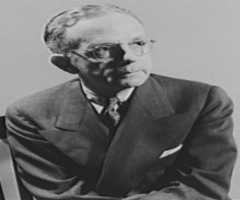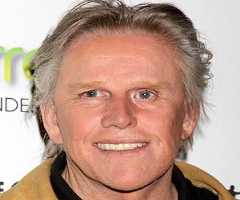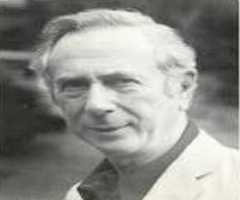Birth Place : Los Angeles, California, United states of America
Died On : May 15, 2008
Zodiac Sign : Cancer
Willis Eugene Lamb Jr. Biography, Life, Interesting Facts
Willis Lamb was born in July 12, 1913. He was an American physicist. He received the Nobel Prize in Physics for his discovery of a minute difference in the energy levels of a hydrogen atom.
Early Life
Willis Lamb was born on July 12, 1913, in Los Angeles, California. He was born to Willis Eugene who was a telephone engineer and Marie Helen Metcalfe. He was brought up alongside his brother, Perry. He attended Los Angeles High School. In 1930, he joined the University of California, Berkeley where he studied theoretical physics. In 1934, he graduated with a B.Sc in Chemistry from the university. He did his thesis under Robert Oppenheimer. In 1938, he obtained his doctorate from the University of California, Berkeley. His dissertation was related to electromagnetic properties of nuclear systems.
Career
In 1938, he became an instructor in Physics in the Department of Physics at the Columbia University. In 1943, he became an associate. In 1945, he became an assistant professor. Two years later he became an associate professor. In 1948, he became a full professor. In 1943, he worked at the Columbia University Radiation Laboratory during World War II. He worked on how to make sources for radar which could produce shorter microwaves at higher frequencies. In 1947, he discovered the Lamb shift which describes the shift in the energy levels of a hydrogen atom. In 1951, he began teaching atomic spectroscopy as a professor of physics at University of Stanford. In 1953, he became a Morris Loeb Lecturer at the Harvard University.
In 1956, he became a Wykeham professor of physics at the University of Oxford. He was also a Fellow of New College at the university. In 1962, he became a Henry Ford II Professor of Physics. In 1972, he became a J. William Gibbs professor of Physics. In 1974, he joined the University of Arizona Optical Sciences Centre. In 1990, he became a Regent’s Professor of Physics and Optical Sciences at the Centre. In 2002, he retired from active teaching.
Awards And Achievements
In 1953, he was awarded the Rumford Premium Award by the American Academy of Arts and Sciences. In 1954, he obtained an honorary D. Sc from the University of Pennsylvania. In 1955, he won the Nobel Prize in Physics. In the same year, he received the Research Corporation Award. In 1992, he was awarded the Einstein Medal by the Society for Optical and Quantum Electronics. He was also awarded the Guthrie Award by the Physical Society of London. In 1999, he became an honorary member of the Optical Society of America. He was a Fellow of the American Physical Society. He was also a foreign member of the Royal Society of Edinburg. In 2000, he received the National Medal of Science. He received honorary degrees from universities such as Yale University and Columbia University among others.
Personal Life
In 1939, he married Ursula Schaefer. In 1996, Ursula died. In the same year, he married Bruria Kaufman whom he divorced later. In 2008, he married Elsie Wattson. He, however, had no children from all the three marriages. He died on May 15, 2008, at the University Medical Centre, Arizona. He died at the age of ninety four.
More Physicists
-
![Robert S. Mulliken]()
Robert S. Mulliken
-
![Wolfgang Paul]()
Wolfgang Paul
-
![Robert Sanderson Mulliken]()
Robert Sanderson Mulliken
-
![Erwin Schrödinger]()
Erwin Schrödinger
-
![Carlo Rubbia]()
Carlo Rubbia
-
![Wolfgang Pauli]()
Wolfgang Pauli
More People From California
More People From United states of America
-
![Bubba Watson]()
Bubba Watson
-
![Daniel James Jr.]()
Daniel James Jr.
-
![Dale Earnhardt]()
Dale Earnhardt
-
![Charlotte Perkins Gilman]()
Charlotte Perkins Gilman
-
![William Westmoreland]()
William Westmoreland
-
![Tallulah Bankhead]()
Tallulah Bankhead
